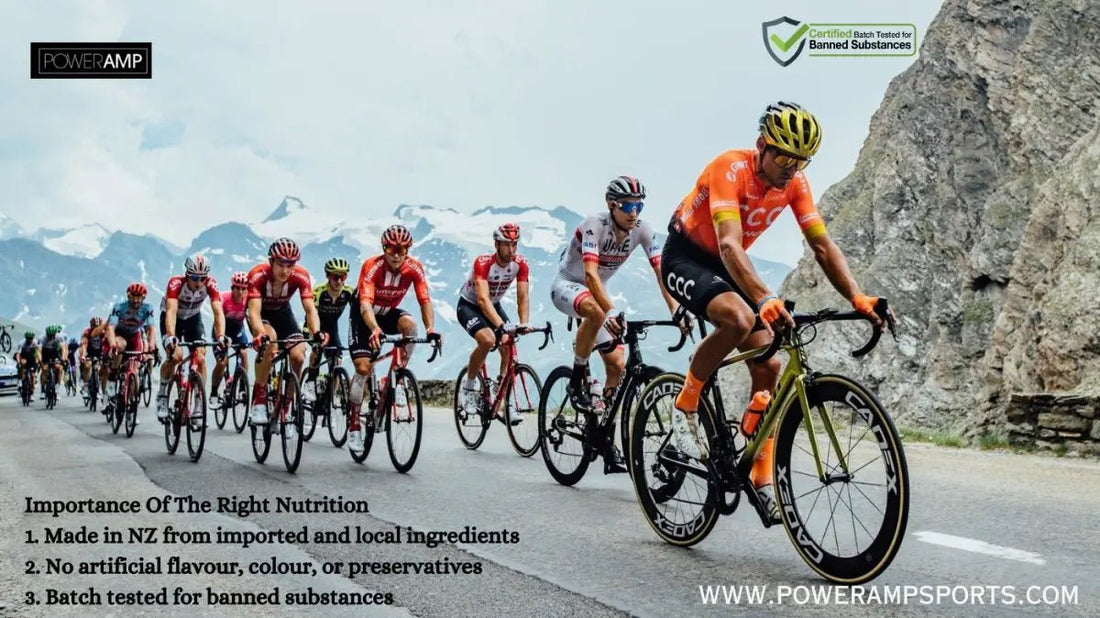PowerAMP® offers a batch certificate of analysis for every product manufactured. Each product will be tested as free from banned substances by a WADA approved testing lab.
Key points regarding prohibited substance testing in sports include:
-
World Anti-Doping Agency (WADA): WADA is the international organization responsible for coordinating and monitoring the fight against doping in sports globally. WADA establishes the World Anti-Doping Code, a document harmonizing anti-doping policies, rules, and regulations among sports organizations and public authorities.
-
Prohibited List: WADA publishes a Prohibited List annually, which outlines substances and methods that are prohibited in sports. This list includes banned substances such as anabolic steroids, stimulants, diuretics, and methods like blood doping.
-
In-Competition and Out-of-Competition Testing: Athletes may be subject to testing both during competitions (in-competition) and at any other time, even when they are not actively competing (out-of-competition). Out-of-competition testing is essential to deter athletes from using substances that could enhance their performance during training periods.
-
Random Testing: Athletes can be selected for testing randomly to prevent them from predicting when they will be tested. This randomness helps maintain the element of surprise and acts as a deterrent.
-
Sample Collection: Athletes are required to provide urine and/or blood samples for testing. These samples are collected by trained anti-doping officials and then analyzed in accredited laboratories. The laboratories use sophisticated techniques to detect prohibited substances in the samples.
-
Therapeutic Use Exemptions (TUEs): In some cases, athletes may require the use of medications that contain prohibited substances due to legitimate medical conditions. In such cases, athletes can apply for a Therapeutic Use Exemption, which, if granted, allows them to use the medication while competing.
-
Sanctions: Athletes who test positive for prohibited substances may face disciplinary actions, including suspensions, fines, and disqualification from competitions. The severity of sanctions can vary depending on factors such as the substance involved, the intent of the athlete, and whether it is a first-time or repeat offense.
-
Education and Prevention: Anti-doping organizations also emphasize education and prevention programs to inform athletes about the risks and consequences of doping. These programs aim to promote a culture of clean and fair competition.
It's worth noting that anti-doping efforts are dynamic, with ongoing research and developments in testing methods and regulations to stay ahead of new substances and methods that may be used to enhance performance.



Leave a reply
Nunc vehicula quam semper odio varius tincidunt. Vestibulum ante ipsum primis in faucibus orci luctus et ultrices posue.
Please note, comments need to be approved before they are published.